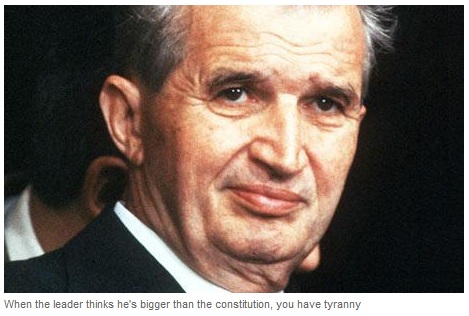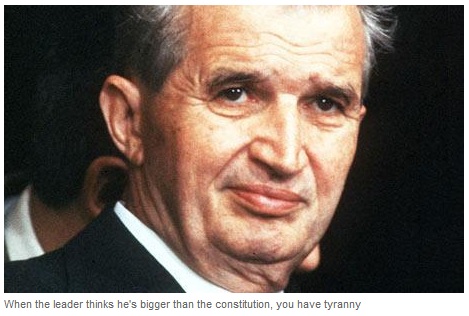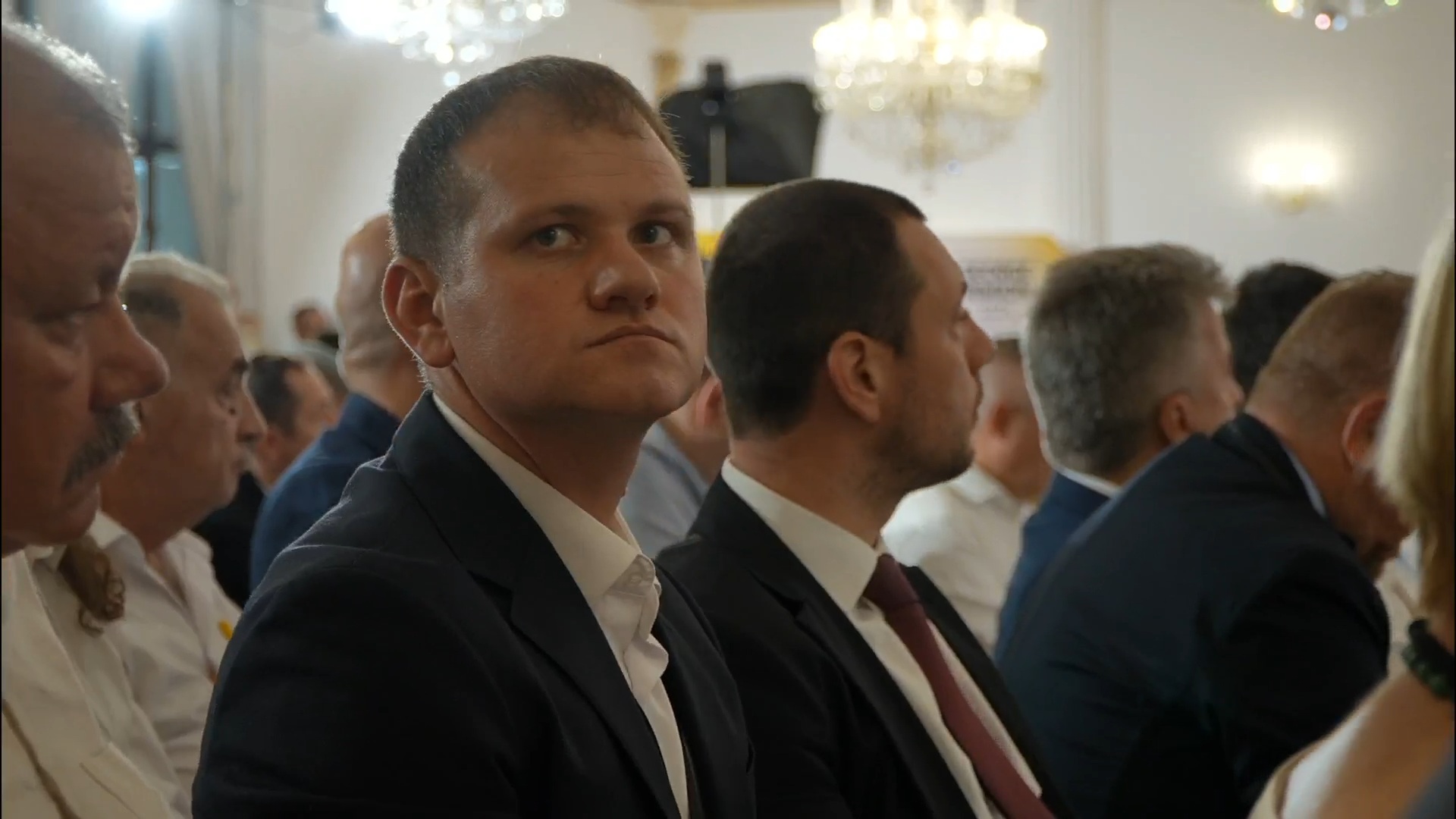 It started with the cuts. In January, Romania became the fourth EU country (after Greece, Italy and the Netherlands) to see its government fall over Brussels-imposed austerity measures.
It started with the cuts. In January, Romania became the fourth EU country (after Greece, Italy and the Netherlands) to see its government fall over Brussels-imposed austerity measures.
Romania has a largely parliamentary system. The president, however, does have important non-ceremonial powers, especially when it comes to the formation of new administrations. President Traian Băsescu, who had been loosely affiliated to the defeated Centre-Right government, accordingly asked Mihai Răzvan Ungureanu, an independent, to form a ministry that could deliver budgetary restraint. Leftist parties immediately began to suborn individual MPs until, three months later, the government fell on a confidence motion. A heterogeneous administration was then put together under the socialist Victor Ponta, united mainly by its hostility to the former regime.
It was at this point that events took a troubling turn. The Ponta government soon made clear that it wouldn’t be troubled by constitutional niceties. It set about dismantling every check on its power, ruling by emergency ordinance, annexing state institutions supposedly answerable to the presidency, taking control of state television and seeking to alter the voting system. A commission investigating claims that Ponta had plagiarised his thesis was abrubtly dissolved.
On 26 June, socialist MPs voted to overhaul the impeachment rules, so as to make it easier to remove President Băsescu. It was pretty clear that they had no right to make such a change without amending the constitution; so, at the same time, they passed a law declaring that the constitutional court could no longer rule on the validity of their decisions. The next day, in what was by now starting to look like a straightforward coup d’état, an emergency decree placed the Official Gazette, in which the rulings of the court are published, under the jurisdiction of the Cabinet. Recent judgments which had gone against the government failed to appear in its pages.
Over the past week, the Ponta regime has removed the Ombudsman and the speakers of both parliamentary chambers, failing to follow the correct procedure each time. It has begun impeachment proceedings against the president, while proposing further changes to the electoral rules to ensure that it can win a referendum on his removal.
EU leaders are horrified, but it’s far from clear what they can do. After all, their own record on the rule of law is hardly stainless. Brussels frequently extends its jurisdiction into areas not permitted by the treaties, retrospectively regularising the annexations, sometimes years later, in new amendments. It happily swats aside referendum results which go the ‘wrong’ way. To cite just one recent example, everyone in Brussels accepts that the bailouts were illegal – not simply in the sense of not being provided for in the rules, but in the sense of being expressly prohibited. When challenged on this point, Commission officials airily declare that ‘the facts are ahead of the legislation’ – which is more or less how Ponta defends himself.
The big Euro-parties are, in any case, compromised by their local alliances. When the Hungarian government carried out a similarly dictatorial, though less flagrant, power-grab, it was backed by the rest of the European People’s Party. Now, in a delicious reversal, the EPP fulminates while the Party of European Socialists, so self-righteous over Hungary, has gone quiet.
 Romania stands on the edge – politically and geographically. Travel west and you are in more or less democratic territory; travel east and you won’t find many places where governments change peacefully as the result of elections. We can lose sight of how rare, and how fragile, is parliamentary government under the rule of law. For most of Europe’s history, as in most of the world today, politics was a high-stakes game in which attainder, impeachment, exile and execution were common outcomes for the loser. There is nothing inevitable about the triumph of the Western model, nor about Romania’s adhesion to it.
Romania stands on the edge – politically and geographically. Travel west and you are in more or less democratic territory; travel east and you won’t find many places where governments change peacefully as the result of elections. We can lose sight of how rare, and how fragile, is parliamentary government under the rule of law. For most of Europe’s history, as in most of the world today, politics was a high-stakes game in which attainder, impeachment, exile and execution were common outcomes for the loser. There is nothing inevitable about the triumph of the Western model, nor about Romania’s adhesion to it.
If Romania can revert to autocracy while remaining in the EU, where else? What if the economic crisis worsens in Greece? Or in Italy? What if, blaming their misery on foreign bankers and bureaucrats, voters turn to demagogues?
Romania may be at the other end of Europe, but Balkan discontents, if left unaddressed, have a habit of forcing themselves onto everyone’s agenda. This is our affair, too.
























